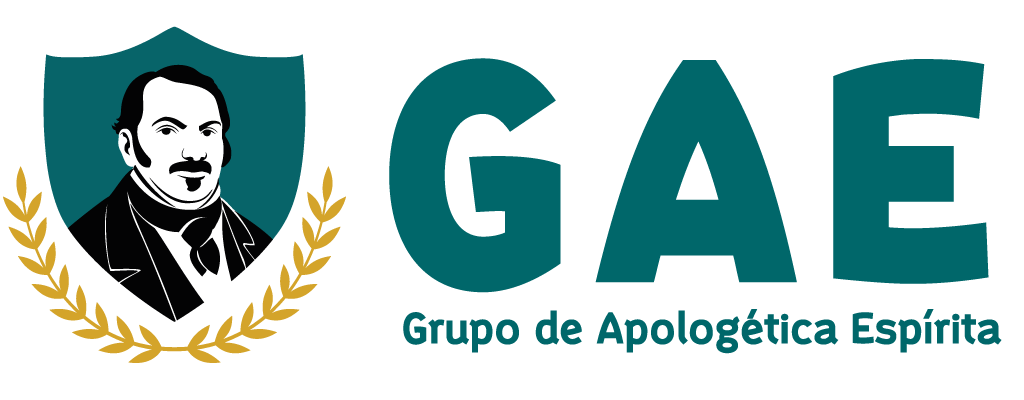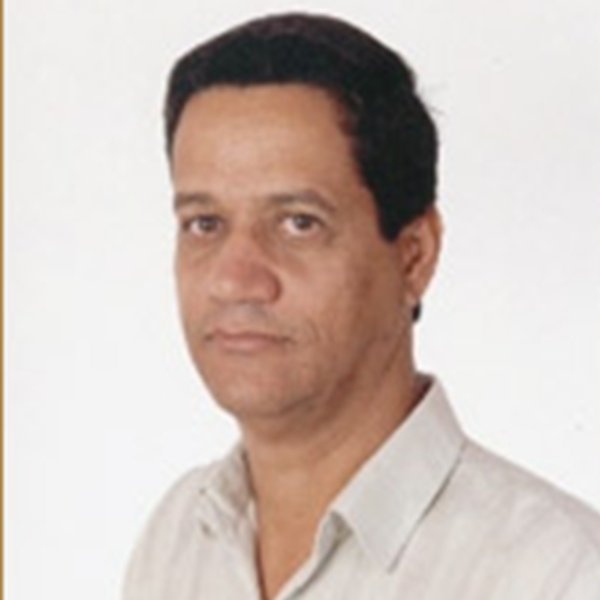|
Getting your Trinity Audio player ready...
|
Resumo: O texto argumenta contra a doutrina da Trindade na fé cristã, alegando falta de base bíblica. Utilizando passagens de Mateus, João, Atos e Marcos, o autor sustenta que Jesus, o Espírito Santo e Deus são entidades distintas, reforçando sua tese com a análise de diferentes interpretações de versículos chave. A manipulação do texto de Mateus 28:19 é apontada como evidência da posterior inserção da doutrina da Trindade. Finalmente, o autor traça paralelos com outras trindades de mitologias pagãs, questionando a singularidade e a origem da Trindade cristã.
Palavras-chaves: doutrina da Trindade, base bíblica, entidades distintas, Mateus 28:19, trindades pagãs.
Abstract: The text argues against the doctrine of the Trinity in the Christian faith, claiming a lack of biblical basis. Using passages from Matthew, John, Acts and Mark, the author argues that Jesus, the Holy Spirit and God are distinct entities, reinforcing his thesis with the analysis of different interpretations of key verses. The manipulation of the text of Matthew 28:19 is pointed out as evidence of the later insertion of the doctrine of the Trinity. Finally, the author draws parallels with other trinities from pagan mythologies, questioning the uniqueness and origin of the Christian Trinity.
Keywords: doctrine of the Trinity, biblical basis, distinct entities, Matthew 28:19, pagan trinities.

